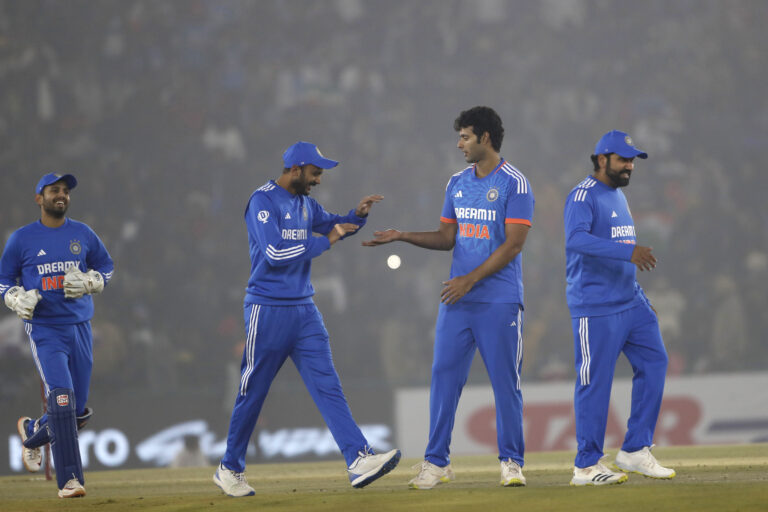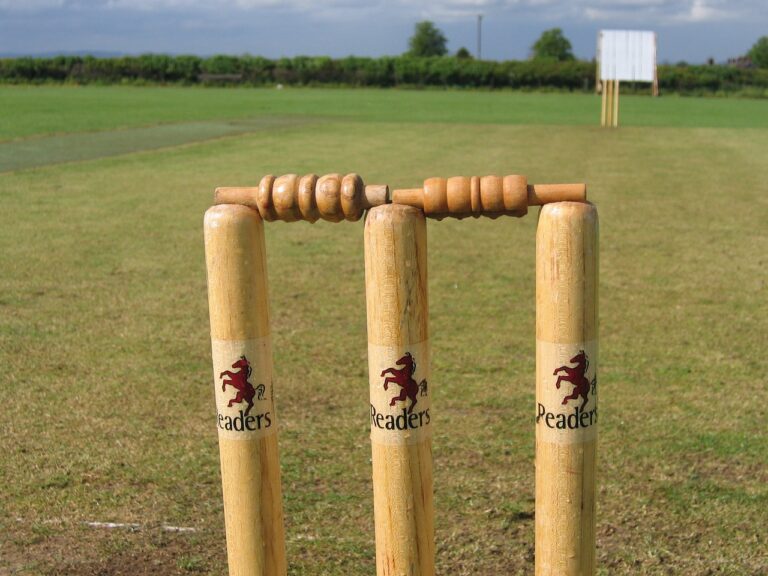Cricket and Media: Ethical Considerations in Sports Journalism: All pannel.com, Play99, Golds 365
all pannel.com, play99, golds 365: Cricket and Media: Ethical Considerations in Sports Journalism
Cricket is not just a game; it is a religion for many individuals around the world. With such a massive following, it comes as no surprise that cricket also garners significant media attention. Sports journalism plays a crucial role in showcasing the highs and lows of cricket matches, players, and teams. However, with great power comes great responsibility. Ethical considerations in sports journalism are paramount to uphold the integrity of the game and provide accurate and unbiased coverage to the audience.
Transparency in Reporting
One of the fundamental principles of ethical sports journalism is transparency. Reporters and journalists must strive to provide accurate and unbiased information to their audience. This includes disclosing any conflicts of interest, sources of information, and ensuring that the content presented is factual.
Respecting Privacy and Dignity
While the public has a keen interest in the personal lives of cricket players, it is essential for sports journalists to respect their privacy and dignity. Reporting on personal matters unrelated to the game can have severe consequences for the individuals involved. It is crucial to draw a line between what is newsworthy and what is intrusive.
Avoiding Sensationalism
Sensationalism in sports journalism can lead to misrepresentation of facts, biased reporting, and the creation of unnecessary controversies. Journalists must refrain from sensationalizing stories just to attract viewership or clicks. The focus should always be on providing accurate and insightful coverage of the game.
Maintaining Objectivity
Objectivity is a core principle in journalism, and it holds even more significance in sports reporting. While it is natural for reporters to have their favorite teams or players, it is essential to set aside personal biases and present a fair and balanced perspective in their coverage.
Avoiding Conflict of Interest
Sports journalists must be wary of potential conflicts of interest that may arise while reporting on cricket matches or players. Accepting gifts, favors, or payments from individuals associated with the game can compromise journalistic integrity and credibility. It is crucial to maintain independence and impartiality in reporting.
Fact-Checking and Verification
In the age of instant news and social media, fact-checking and verification have become more critical than ever. Sports journalists must ensure that the information they are reporting is accurate and corroborated by multiple reliable sources. It is essential to verify facts before publishing any content.
Conclusion
Ethical considerations in sports journalism are essential to uphold the integrity of cricket as a sport. Sports reporters and journalists play a crucial role in shaping public perception and influencing the narrative around the game. By adhering to principles of transparency, objectivity, and respect for privacy, journalists can provide insightful and credible coverage of cricket matches and players.
FAQs
1. How can sports journalists maintain objectivity while reporting on their favorite teams?
Sports journalists can maintain objectivity by setting aside personal biases, focusing on facts, and presenting a fair and balanced perspective in their coverage.
2. Why is fact-checking and verification important in sports journalism?
Fact-checking and verification are important to ensure that the information presented to the audience is accurate and reliable. It helps maintain credibility and integrity in sports reporting.
3. How can sports journalists avoid conflicts of interest?
Sports journalists can avoid conflicts of interest by refraining from accepting gifts, favors, or payments from individuals associated with the game. It is crucial to maintain independence and impartiality in reporting.







